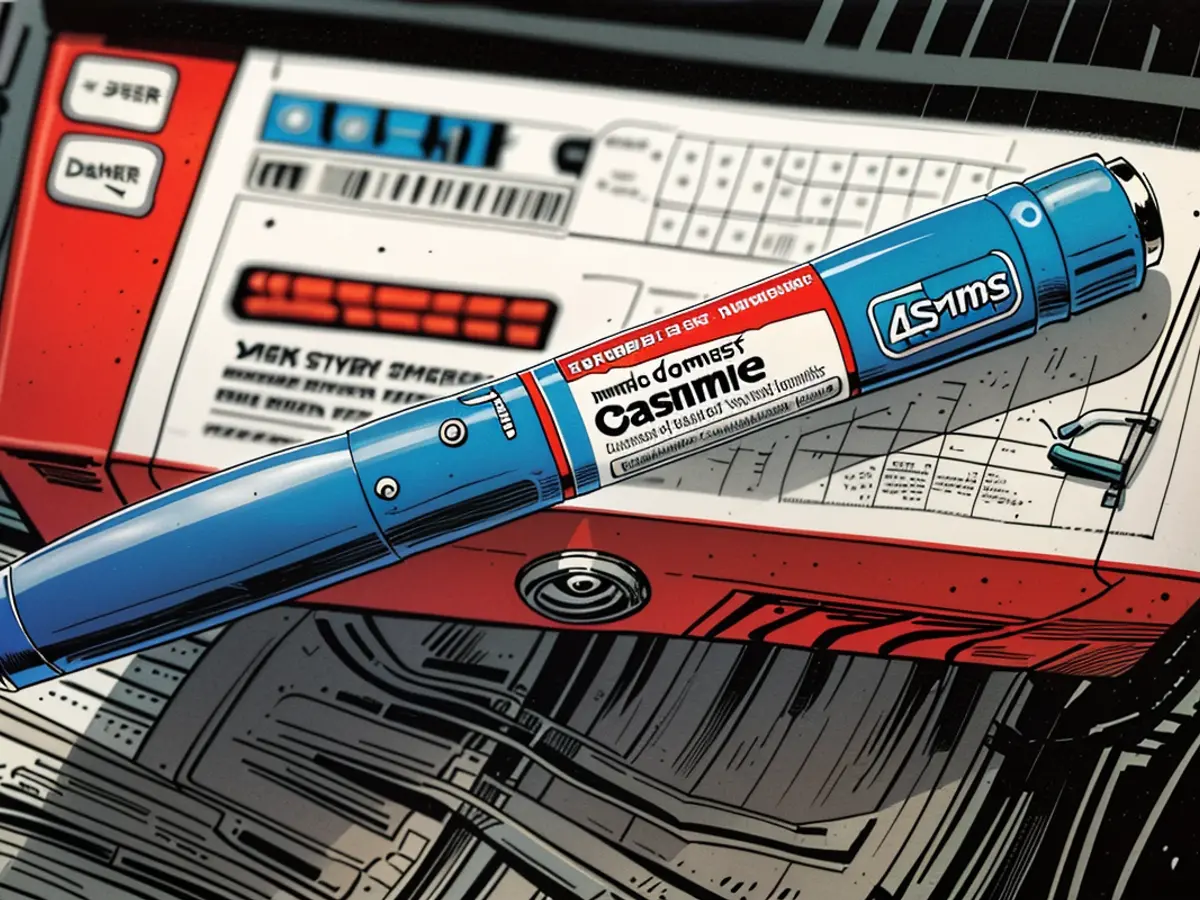- The Seabed Authority meets at a critical moment
Before the anticipated first deep-sea mining application, the International Seabed Authority (ISA) is holding a general assembly. The incumbent Secretary-General, Michael Lodge, opened the five-day meeting at the ISA headquarters in Kingston, Jamaica. The assembly is attended by the 168 contracting states of the UN Convention on the Law of the Sea (UNCLOS) and the European Union.
Germany, along with other member states, aims to propose a fundamental rule to protect the marine environment, preventing deep-sea mining until its impacts are better understood. Despite environmental concerns raised by numerous experts, the Canadian company The Metals Company has announced plans to submit its first application for a deep-sea mining project later this year, with commercial extraction of seabed resources in the Pacific planned for next year.
ISA Secretary-General to be elected
So far, the ISA Council has not adopted any regulatory framework for deep-sea mining, leaving it unclear how an application from The Metals Company would be handled. The Secretary-General could play a significant role in this process. Lodge, a British national seeking a third term, has been criticized for being too close to industry. A vote between him and Brazilian oceanographer Leticia Carvalho is expected by the end of the week.
Deep-sea mining primarily involves the extraction of polymetallic nodules from the deep seabed, where no single state has jurisdiction. These nodules, formed over millions of years, contain valuable resources such as manganese, cobalt, copper, and nickel, which could be used in battery production for electric vehicles. Studies indicate potential risks to the largely unexplored deep-sea ecosystems, and some experts question the necessity of deep-sea mining for the energy transition.
The election of the ISA Secretary-General could significantly influence the handling of the first deep-sea mining application, especially considering the environmental concerns and the controversy surrounding the current Secretary-General. Despite these concerns, The Metals Company is planning to submit their application for deep-sea mining in the Pacific this year.
Mining in the deep sea raises important questions about the preservation of marine ecosystems and the necessity of such practices for the energy transition. While some nations are advocating for a pause in deep-sea mining until its impacts are fully understood, other companies continue to explore potential extraction sites.








